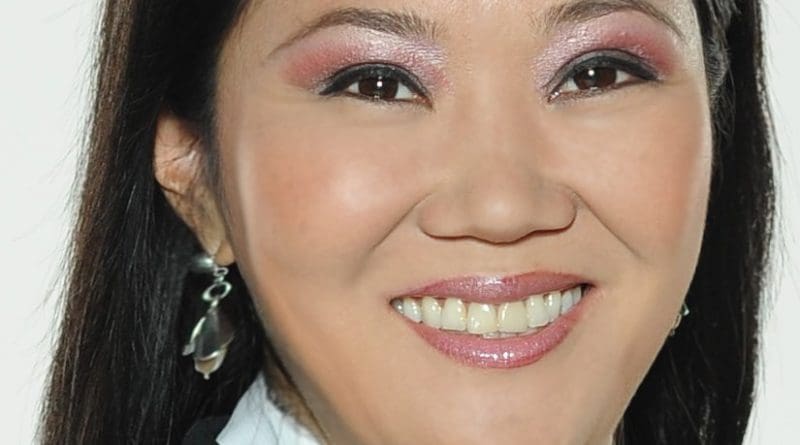Peru: Humala And Fujimori Head To Run-Off Elections
Results show deep discontent with the economic model in the poorest and most marginalized sectors.
Nationalist leader Ollanta Humala won the first electoral round on April 10, taking 31.8% of validated votes; he will go up against congresswoman Keiko Fujimori, who earned 23.5%, during run-off elections on June 5.
Left behind was the political right, represented by former Economic Minister Pedro Pablo Kuczynski (18.5%), former President Alejandro Toledo (2001-2006) (15.6%) and former Lima Mayor Luis Castañeda (9.8%). The remaining six parties that participated in the elections failed to garner 1% altogether.
Humala, a retired lieutenant colonel in the Peruvian army, heads the Gana Perú alliance, made up of the Partido Nacionalista and several more leftist organizations, while Fujimori, daughter of the imprisoned former President Alberto Fujimori (1990-2000), leads the Fuerza 2011coalition.
The results reflect a tremendous dissatisfaction in the country´s poor and marginalized sectors, who are demanding changes in the political economy. The sustained growth Peru has experienced since 2000 hasn´t reached the majority, primarily in rural areas in the Andes and the Amazon where more than 60% of the population lives in poverty, according to the NGO Mesa de Concertación de Lucha contra la Pobreza (Roundtable to Fight Poverty).
Humala, 48, is not new to politics. He ran for president in 2006, coming in first place during the first round of elections, but then was defeated by current president Alan Garcia in the second round, due to Humala´s alleged ties to Venezuelan president Hugo Chavez, who additionally suggested to Peruvians to vote for him.
From early in this campaign, Humala tried to distance himself from Chavez and held up the Brazilian government as a role model, especially the administration of former President Luiz Inácio Lula da Silva (2003-2010).
Humala defines himself as a nationalist, not a leftist. He has explained nationalism as “creating national policies for development, building the nation, boosting domestic industry and domestic private capital.”
Meanwhile Fujimori, 35, announced that as president one of her first acts would be to pardon her father, who is sentenced to 25 years in prison for human rights violations and corruption.
She became the first lady in 1994, following her parents´ divorce, a role she filled until November 2000, when the then-president fled the country and submitted his resignation via fax from Japan. In 2006 she was elected to Congress with the highest rate in the country´s history; nevertheless, her legislative work was defined by low productivity and high absenteeism. She has been accused of funding her studies at costly US universities with public funds. Fujimori has denied this but failed to prove how else they were funded.
Human rights and anticorruption organizations have raised flags about setbacks in the country in those fields if Fujimori becomes president.
In a statement, the nongovernmental Legal Defense Institute (IDL) noted that many of the candidate´s platforms “are at odds with national and international standards, like her proposal to expand the death penalty, the implementation of antiterrorist legislation to combat public insecurity, or the intention to free her father when judicial system has already convicted him in two instances, in scrupulously observation of due process.”
“We are certain that the generalized corruption, human rights violations, institutional and media control, the attempted power grab and other facets that characterized the government jointly conducted by [Alberto] Fujimori and [his advisor Vladimiro] Montesinos will be repeated,” added IDL. “We feel that for these reasons, we have a moral obligation to do everything in our power to prevent Keiko Fujimori from winning.”
However, IDL has also expressed its concerns about Humala, particularly regarding allegations of human rights violations against him when he was in charge of a military base in the village of Madre Mia, in the northern jungle, in1992 — a case that was archived for lack of evidence.
“It is also very important to us that, beyond the acquittal put forth by the judiciary, he present conclusive and irrefutable evidence of not having committed human rights violations in Madre Mia,” the statement said.

